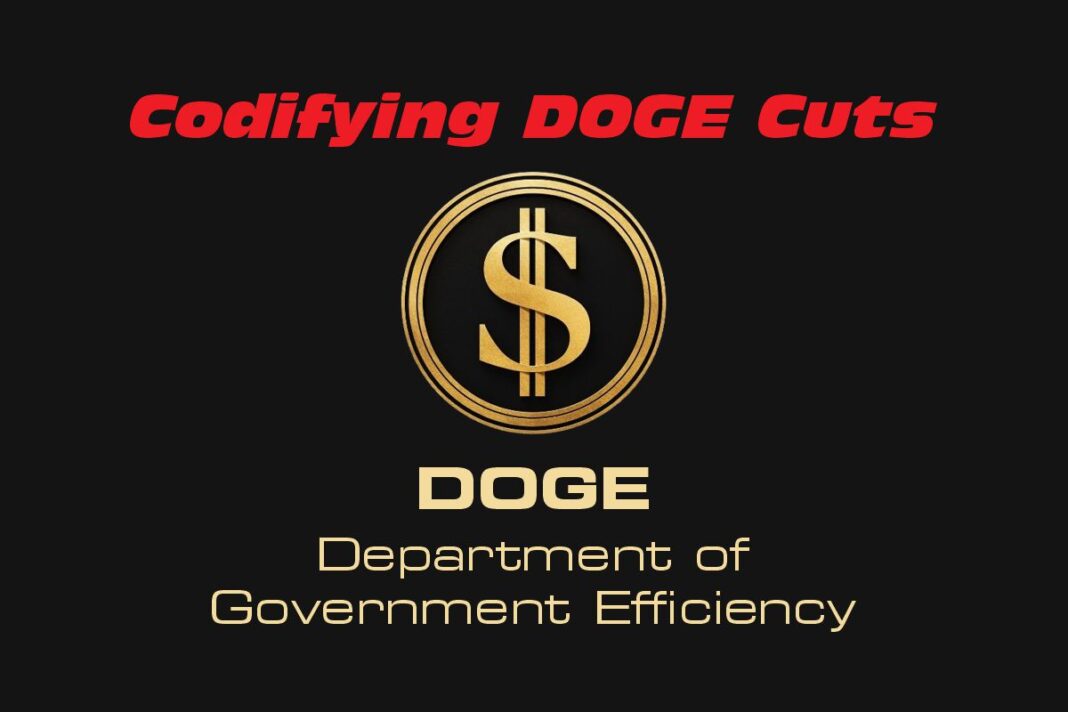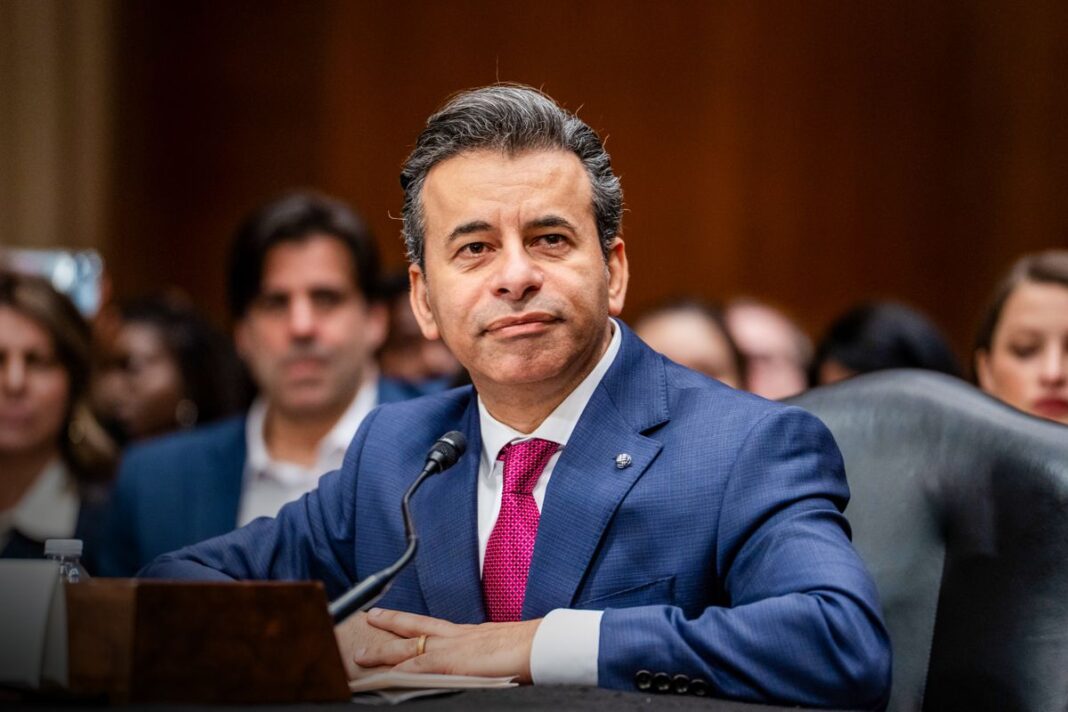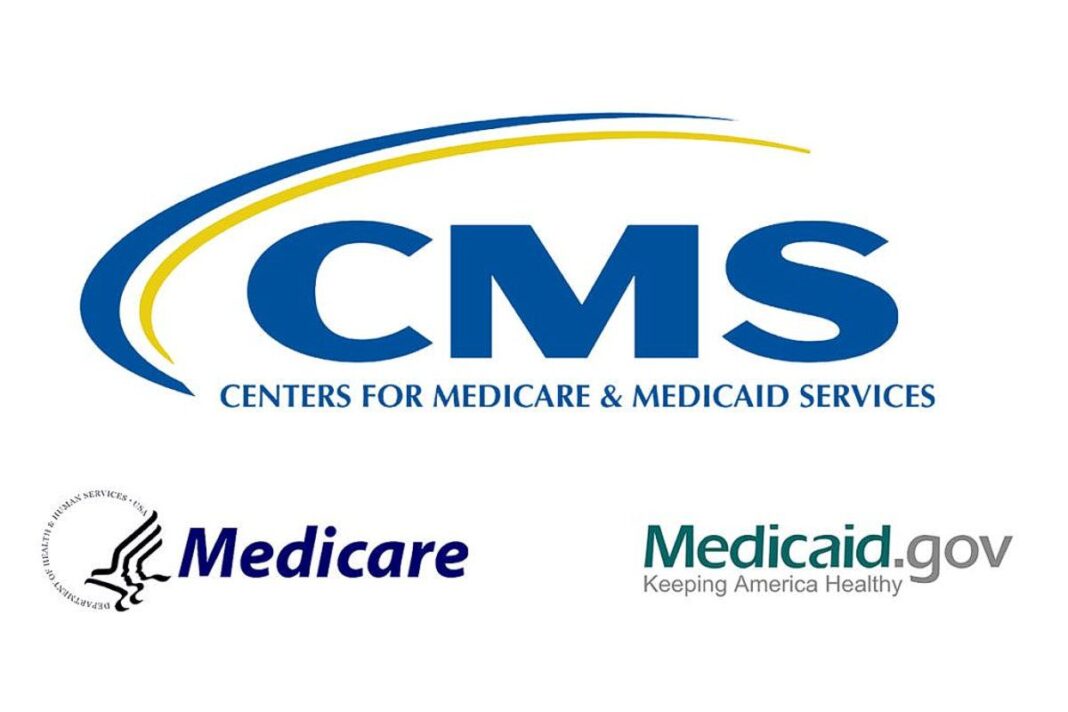The Senate this week will consider an administration request to cancel $9.4 billion in spending. Some Republicans are skeptical.
The Senate this week is set to consider a $9.4 billion rescissions package that would codify cuts identified by the Department of Government Efficiency (DOGE)—including cuts to National Public Radio (NPR), the Public Broadcasting Service (PBS), and foreign spending.
President Donald Trump and Senate Majority Leader John Thune (R-S.D.) can spare no more than three defections to pass the cuts. But with time running out, several Senate Republicans have expressed skepticism about the proposed cuts.
Sen. Rand Paul (R-Ky.) told CBS News’s “Face the Nation” that he backed the spending cuts. But he said he suspects that “it will be very close” among his colleagues.
Office of Management and Budget Director Russ Vought, meanwhile, said on July 11, “I am confident they will pass the bill.”
“We think it’s a very important step for Congress to show that they will pass the DOGE cuts,” Vought said. “It’s a $9 billion package because we want to see, is Congress serious about that?”
Here is what to know about the package—and senators’ attitudes toward it.
Hard Deadline
July 18 marks 45 days since Trump submitted the rescissions request, making it the absolute deadline for a vote on the package under the Impoundment Control Act of 1974.
That legislation bars the administration from re-submitting the same rescissions request. That means that Trump will not have another chance to win a clawback on these items.
This places a hard restriction on considering the cuts. Administration officials, Senate leadership, and supporters of the cuts will need to work overtime to sway skeptics.
Vought has said he will be on Capitol Hill on July 15 to urge the adoption of the bill.
If necessary, Trump may get involved personally through calls and meetings with lawmakers to encourage adoption of the rescissions.
The Cuts
The bulk of the spending cuts in the rescissions package—$8.3 billion—targets funding for the U.S. Agency for International Development (USAID). Another $1.1 billion targets funding for the Corporation for Public Broadcasting, which oversees PBS and NPR.
At $9.4 billion, the package, if passed, would represent a larger cut than all spending cuts approved by Congress since 1989 under the process laid out in the Impoundment Control Act—just shy of $6 billion.
By Joseph Lord








